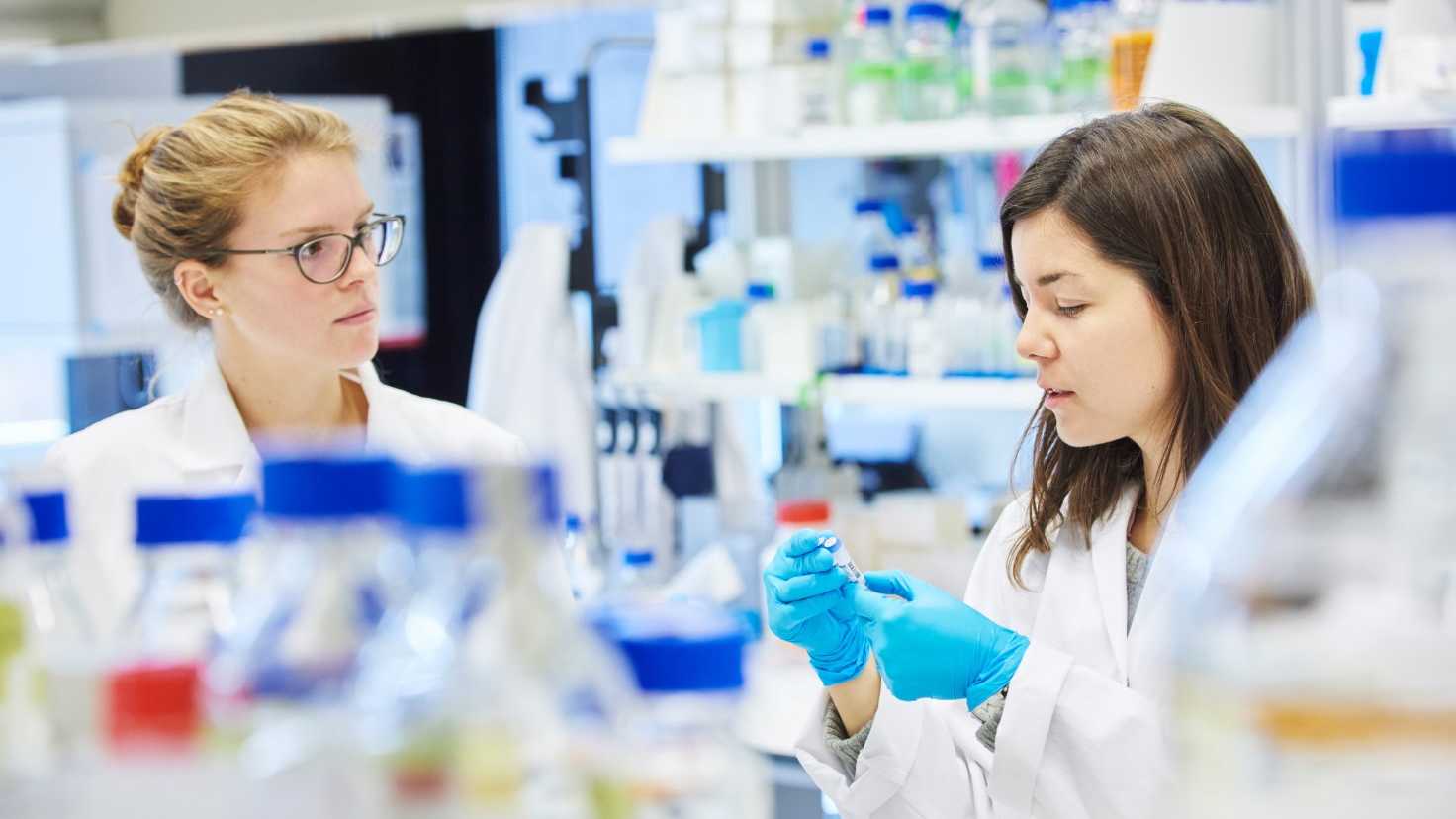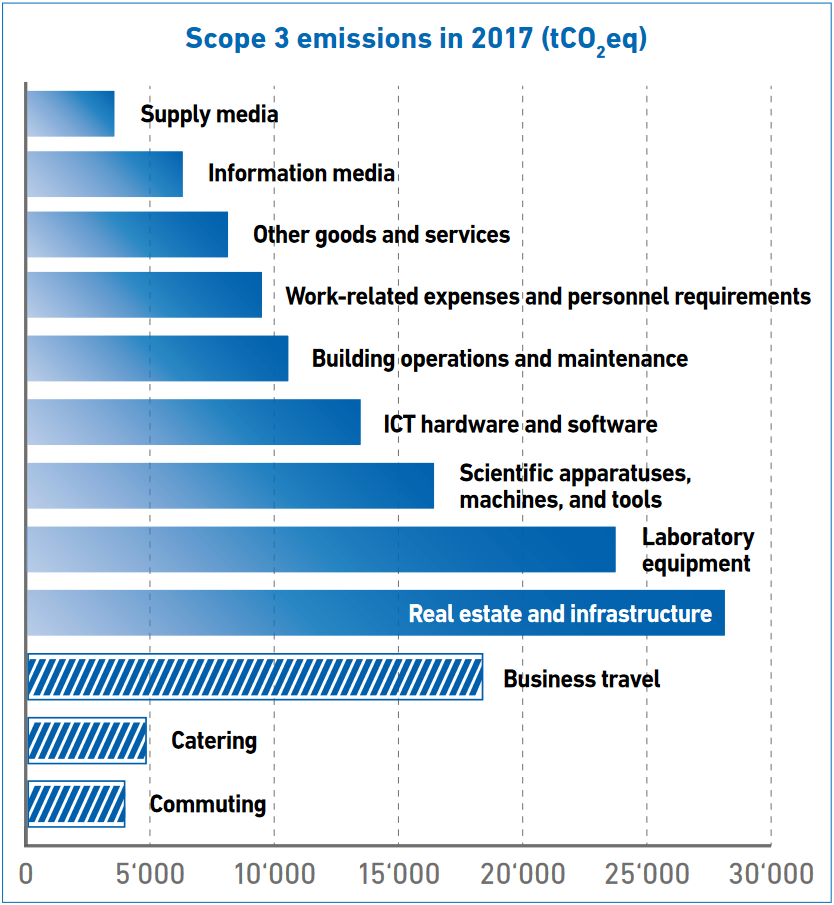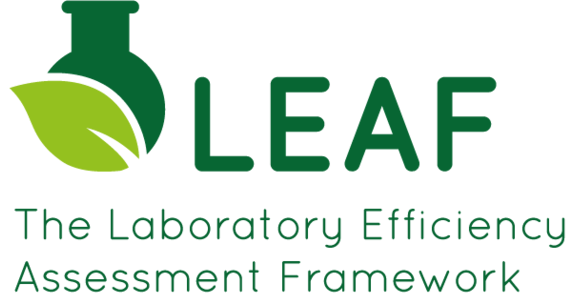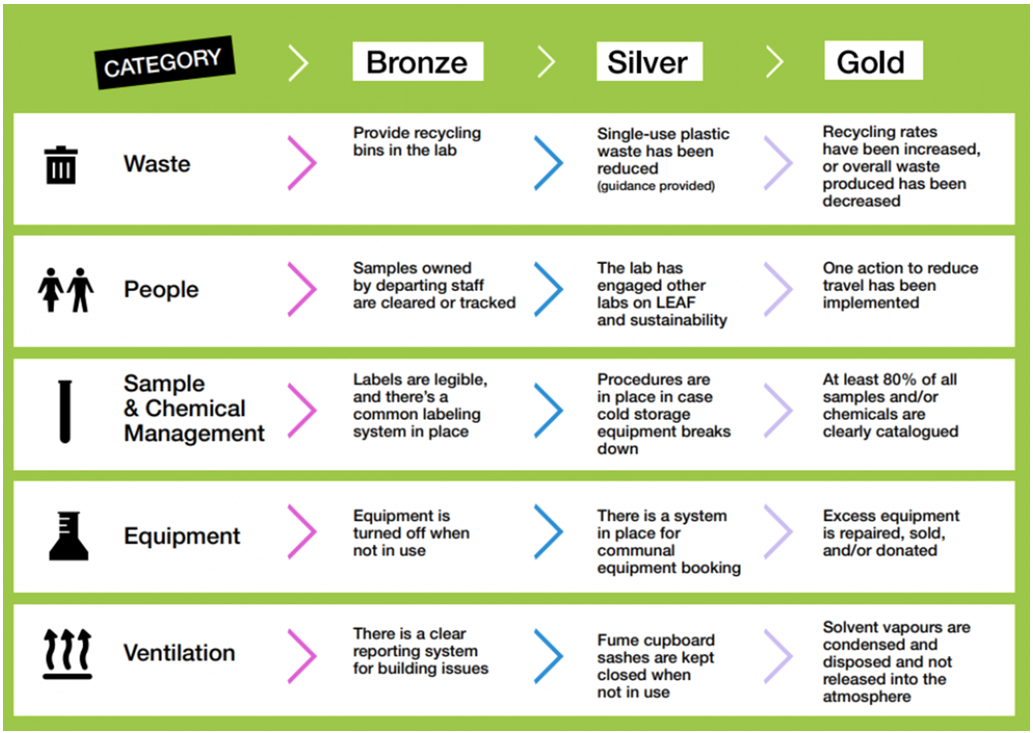GreenLabs
Laboratory operations at ETH Zurich have a considerable environmental impact. In a pilot project, the potential for resource-saving laboratory operations is being explored and labs are being certified for their sustainability efforts.

Today: Around 40,000 tCO2eq from laboratory operations
Laboratory research can sometimes lay important foundations for societal progress. At the same time, laboratory operations are estimated to generate about 2 percent of global plastic waste (external pageUrbina et al 2015call_made). An average laboratory also consumes 5-10 times more energy than a conventional office space (external pageEPA 2008call_made).
ETH Zurich has been compiling comprehensive environmental statistics for about two decades. According to an internal inventory, the indirect greenhouse gas emissions for procured consumables of laboratory equipment, scientific apparatus, machines and tools amount to about 40,000 tCO2eq, which corresponds to about one third of all indirect emissions (Scope 3).
"Green Labs" pilot project at ETH Zürich
On the way to net zero, even small changes in laboratory operations, for example in the area of procurement or usage routines, can make a big difference to ETH Zurich's greenhouse gas balance. Initiated by employees from the Department of Biology (D-BIOL), ETH Sustainability is launching a pilot project "Green Labs". Furthermore, we are participating in the external pageGreenLabs Zurichcall_made initiative and are collaborating with other labs as part of the Swiss Green Labs network.
Assessing environmental impact of laboratories
In order to systematically establish improvements towards a more resource-friendly laboratory operation while also making the progress measurable, ETH Zurich uses the Laboratory Efficiency Assessment Framework (LEAF for short), which was developed by researchers at University College London and is now used by over 80 universities worldwide.
Join the "Green Labs" pilot project now
- external pageRegistrationcall_made: If you would like to participate, you must first register for the LEAF platform. Use your nethz identifier email address (). Registration is possible as of now.
- external pageLogincall_made: Once you are registered, you can log in.
- Join a lab/create a new lab: Either create a request for a new lab (i.e., lab team) or join an existing lab. New requests will be handled by system administration, while new members in existing labs can be approved by already registered lab members.
- Take Action: By clicking on "Manage Award Criteria" and/or "Manage Calculators", the various measures for more sustainable laboratory practices can now be viewed and edited.
- Certification: Once all criteria for a certificate level are met, it can be submitted for review.
- Improvement: Based on the findings from the certification, we are in the process of driving forward concrete measures to improve the sustainability of the laboratories at ETH. If you would like to get involved, please contact .
Dates
Online consultation (jointly with University of Zurich): Monthly, on the second Wednesday of each month at 13:00-14:00 hrs (Zurich time). protected pageView dates and Zoom linklock
Frequently Asked Questions (FAQ)
Technical support will be provided by LEAF staff throughout the project. Together with participants from ETH Zurich and the University of Zurich, an protected pageonline consultationlock hour is held once a month, which also promotes the exchange among each other.
Contact
Do you have a question about the pilot project or LEAF?
Then get in touch at:



